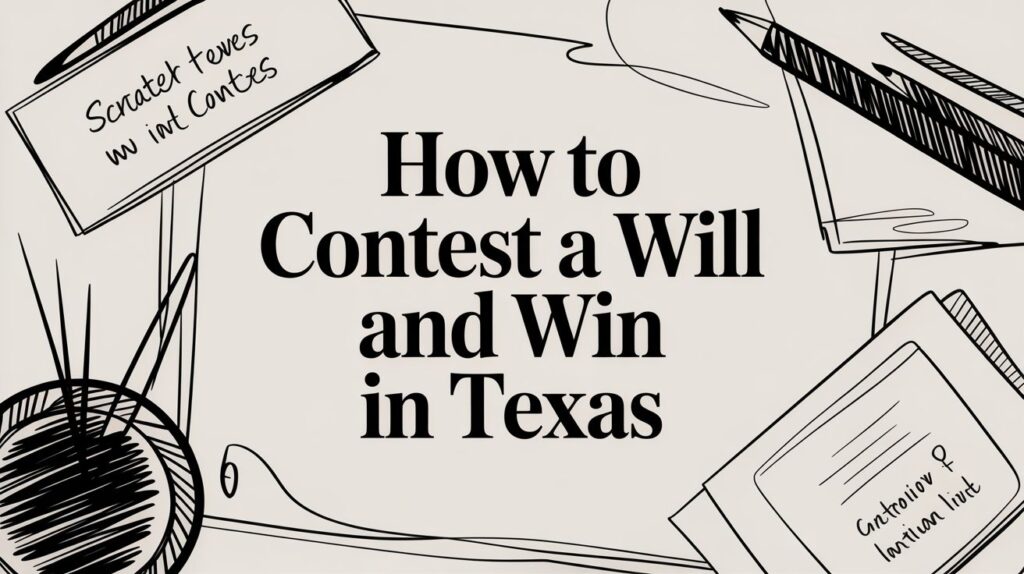Understanding Undue Influence in Probate Law
Undue influence refers to the manipulation of an individual’s decision-making process, particularly in the context of estate planning and will contests. It occurs when someone exerts excessive pressure on a testator, leading them to make decisions that do not reflect their true intentions.
In Texas, proving undue influence requires demonstrating that the influencer had a confidential relationship with the testator and that the will or estate plan was a product of this influence rather than the testator's free will. Common examples include situations where caregivers or family members benefit significantly from a will change made under suspicious circumstances.
Key Elements to Prove Undue Influence
To successfully contest a will on the grounds of undue influence, certain key elements must be established. These include the existence of a confidential relationship, the opportunity for the alleged influencer to exert pressure, and the presence of suspicious circumstances surrounding the creation or modification of the will.
For instance, if a caregiver was present during the drafting of a will and stands to gain significantly from its terms, this could be a red flag. Courts often look for evidence such as changes in the testator's behavior or sudden shifts in their estate plan that coincide with the influencer's involvement.
Steps to Contest a Will in Texas
Contesting a will in Texas involves several critical steps, starting with filing a formal contest in the probate court where the will was filed. It is essential to adhere to strict timelines and procedural requirements to ensure the contest is valid.
After filing, the court will schedule hearings where evidence will be presented. Engaging an experienced probate attorney can significantly enhance your chances of success, as they can help gather necessary documentation, such as witness statements and expert testimony, to support your claim.
Legal Remedies for Undue Influence Claims
If a claim of undue influence is successful, the legal remedies can vary depending on the circumstances. The most common outcome is that the contested will is declared invalid, reverting to the previous valid will or, if none exists, to intestate succession laws.
Additionally, in some cases, the court may impose penalties on the influencer, such as disallowing them from inheriting any assets from the estate. This serves both to rectify the situation and deter future instances of undue influence in estate planning.

